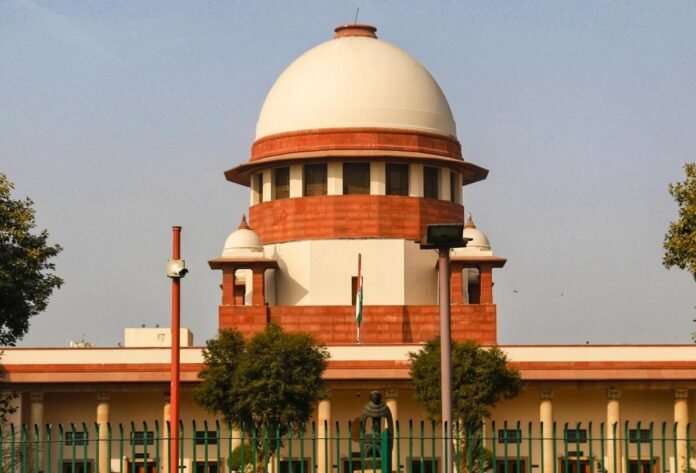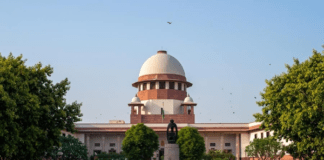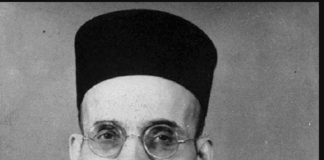Supreme Court warns against misuse of POCSO Act in matrimonial and elopement cases; stresses need for sex education and legal awareness in schools.
The Supreme Court cautioned against the misuse of the POCSO Act in matrimonial disputes and elopement cases, urging greater legal awareness and educational reform.
Bench Expresses Concern Over Misuse of POCSO
The Supreme Court has raised serious concern about the misapplication of the Protection of Children from Sexual Offences (POCSO) Act, particularly in matrimonial disputes and cases where families file complaints against boys involved in consensual elopements with minor girls.
A Bench of Justices BV Nagarathna and R Mahadevan, while hearing a writ petition, highlighted that the noble intent behind the Act — to protect children from sexual abuse — should not be diluted through indiscriminate use in contexts unrelated to exploitation.
The matter before the Court involved a plea seeking directions to the Union Government and the Ministry of Education to introduce compulsory sex education and sensitisation programmes on anti-rape laws and the POCSO Act in school curricula across India.
Judicial Observation: POCSO’s Purpose Should Not Be Diluted
Justice Nagarathna observed that while POCSO is a landmark law ensuring protection for children, its misuse undermines its credibility and intent. The Court noted instances where families have invoked the Act in cases of consensual romantic relationships between adolescents, or amid matrimonial disputes to gain leverage.
“Such applications of POCSO blur the distinction between genuine abuse and consensual affection, which the legislature never intended,” the Bench remarked.
The judges underscored that invoking the law in personal or vindictive contexts can have devastating consequences on young lives, including criminalisation of adolescent behaviour and undue harassment of families.
Context of the Writ Petition
The writ petition urged the Centre to take proactive measures in educating students about sexual rights, consent, and legal awareness from a young age. The petitioner argued that early education could reduce incidents of both sexual crimes and the misuse of related laws.
The Bench, while acknowledging the importance of awareness, observed that education must also foster moral understanding and sensitivity about interpersonal relationships.
The Court indicated that the absence of structured sex education often leads to confusion, fear, and misinformation, pushing young individuals into situations that later escalate into legal conflicts.
The Larger Social and Legal Implications
Legal experts point out that the Supreme Court’s concern is part of a broader judicial effort to ensure that protective legislation is not weaponised for personal vendetta. In recent years, several High Courts, including those of Madras and Delhi, have echoed similar sentiments about the need for nuanced interpretation of the POCSO Act.
The Act’s strict provisions, particularly regarding consent and age, have at times criminalised consensual adolescent relationships, leading to calls for legislative review and clearer judicial guidelines.
Advocates argue that while the protection of minors remains paramount, the law must balance protection with proportionality, ensuring that genuine offenders are punished without penalising youthful relationships mistaken for crimes.
Need for Educational Reform
The petition also shines a light on the urgent need for comprehensive sex education in Indian schools. The Bench recognised that awareness about body autonomy, consent, and legal implications could help prevent both sexual offences and false accusations.
The Ministry of Education’s counsel informed the Court that several state boards have already initiated modules on health and gender sensitisation. However, the Court emphasised the need for a uniform national framework that integrates legal literacy into the curriculum.
Justice Mahadevan remarked that “educating children on their rights and responsibilities under laws like POCSO will serve as both a preventive and corrective tool.”
Judicial Balance Between Protection and Proportion
The Court’s caution reflects an evolving judicial philosophy — one that seeks to preserve the sanctity of child protection laws while preventing their misuse. The Bench indicated that future deliberations may include suggestions to the Union Ministry of Women and Child Development for developing clearer procedural safeguards.
This development underscores how India’s judiciary continues to balance child protection, personal freedom, and the realities of social evolution. The Supreme Court’s observation reiterates the need for empathy in enforcement, ensuring that justice is not merely legal but also humane.
For detailed legal updates and expert commentary, visit The Legal Observer – National News and explore videos and legal discussions on our official YouTube channel.





